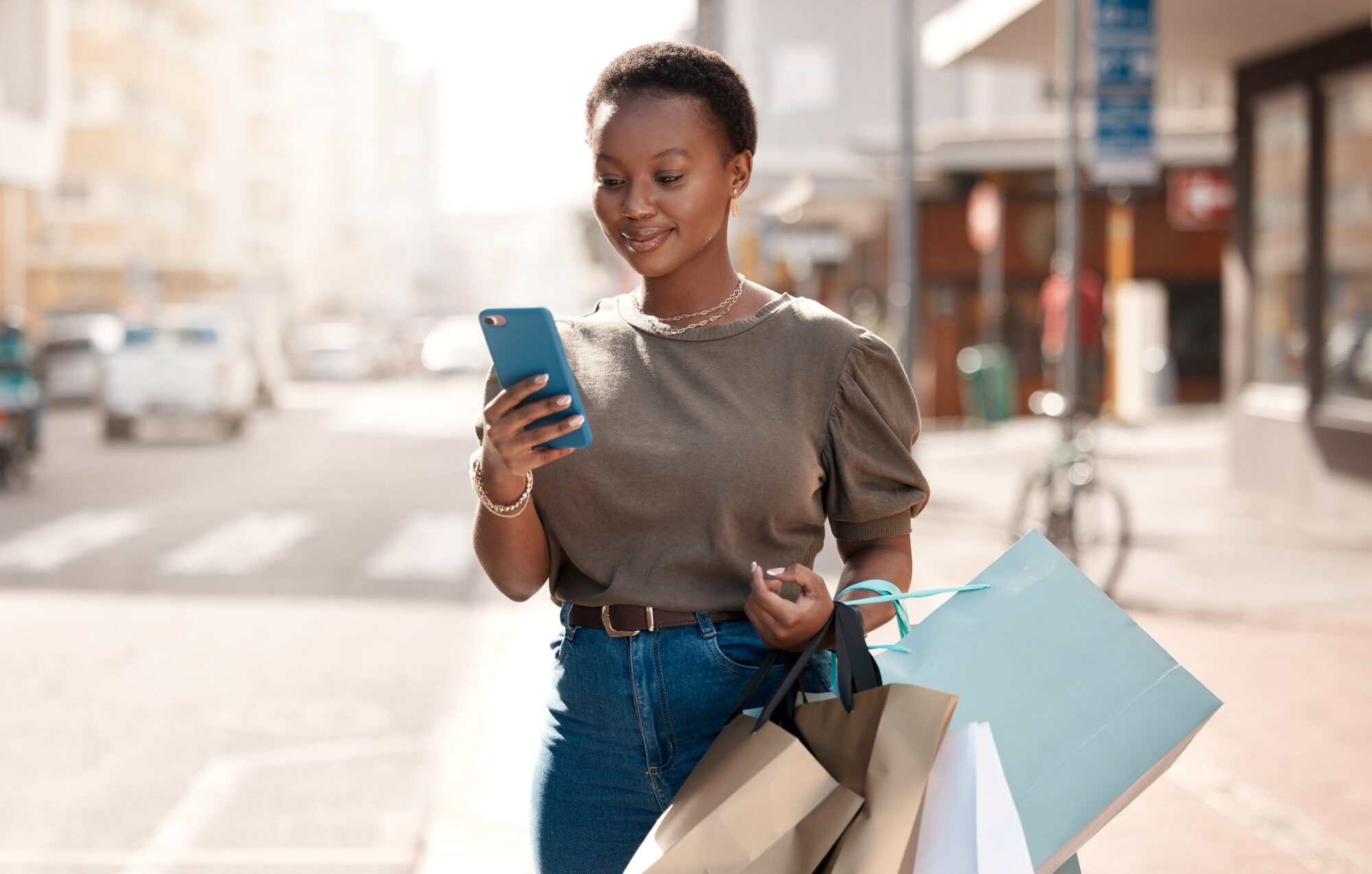Insights Article

Apple’s iconic “There’s an app for that” campaign positioned the iPhone as a gateway to endless possibilities through apps. Though now 15 years old, this idea hasn’t aged for brands – but for many consumers, it has. As more and more brands launch their own apps, many consumers are increasingly selective, guarding their screen space carefully. So, what truly motivates consumers to download, and keep, a brand-specific app?
Our latest UK study reveals key insights that uncover why some consumers see app downloads as a valuable addition to their shopping experience, while others prefer to keep their mobile space uncluttered.
The appeal of exclusive benefits
Our research shows that consumers are primarily motivated by tangible incentives when downloading a brand’s app, highlighting a strong focus on value and exclusivity. In particular, loyalty rewards top the list, with 36% of respondents citing a rewards or loyalty scheme as a primary motivator for app downloads. This reflects a growing trend towards customer-centric benefits, where consumers want to feel recognised and rewarded for their ongoing engagement with a brand.
Closely following, discount codes and promotional offers were attractive to 34% of consumers. This statistic underlines the importance of financial incentives in app adoption, particularly in the current economic climate, where shoppers are more cautious and value-driven. For brands, incorporating unique promotions within an app can make it a standout option over their website or third-party apps.
Security and convenience in mobile commerce
Security also plays a critical role in the decision-making process, with 29% of respondents indicating they would prefer a more secure app over a mobile site. This sentiment resonates particularly with shoppers who are more cautious about data security, and suggests that brands promoting their app as a secure, trusted shopping environment may see higher download rates.
Other app-specific features such as live returns tracking and early access to sales cater to consumers seeking convenience and exclusivity. Notably, early access to sales is popular among 25% of respondents, and 18% are drawn to live tracking of their returns – a service that offers peace of mind and a greater level of control over post-purchase interactions.
The generational divide: younger consumers lean into digital exclusivity
Our findings also reveal a generational divide in consumer motivations. Younger consumers, particularly those aged 18-22, are far more likely to download an app to enjoy features like early access to new collections and live returns tracking. This demographic values the convenience and immediacy that brand-specific apps provide, seeing them as essential tools for navigating a highly digital and fast-paced shopping landscape.
For brands targeting younger audiences, highlighting these features may enhance their appeal and app download rates. Conversely, strategies focused on traditional shopping preferences may resonate less with this group, who tend to prioritise streamlined, digital-first experiences.
Resistance amongst older consumers
In contrast, older consumers (aged 50+) exhibit far less interest in downloading brand-specific apps, with 38% reporting no interest in any of the given incentives. This resistance may reflect a mix of technological hesitation and less brand loyalty driven by digital perks, suggesting that brands need to adopt alternative engagement methods to reach this demographic effectively. For brands with a substantial older customer base, focusing on non-app channels and traditional loyalty incentives might be more impactful than investing heavily in app promotion.
A balancing act for brands
The decision to create a brand-specific app should ultimately balance consumer demand with the unique value the app can provide beyond a mobile site. For younger consumers, the integration of features that simplify the shopping experience, provide exclusive access, or enhance post-purchase support can drive app engagement. However, brands should weigh these potential gains against the preferences of older shoppers, who may not see sufficient benefits in adding another app to their devices.
Where should brands focus their efforts?
Our research shows that while apps can enhance a consumer’s shopping experience through added security, rewards, and exclusive access, brands need to develop their app around the specific motivations and barriers of their target audience. Not only this, but thorough pre-launch testing is essential to confirm that the features developed are the ones most likely to attract and retain users. By understanding their audience and refining the app accordingly, brands can maximise the app’s appeal and long-term engagement potential.
Want these kinds of results?
We’d love to talk with you about how our insights could help your business grow. Drop us an email at hello@clusters.uk.com or call us on +44 (0)20 7842 6830.